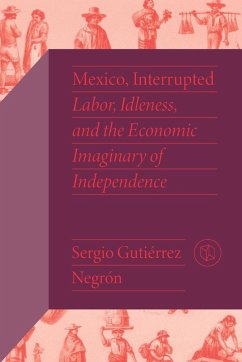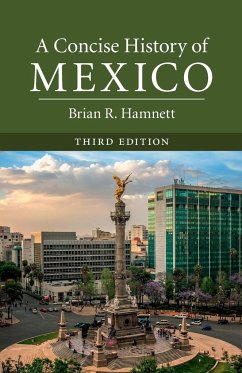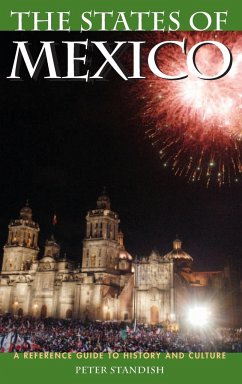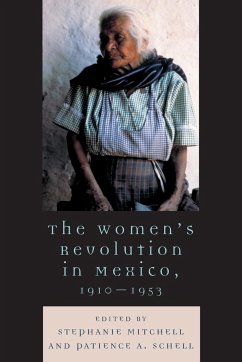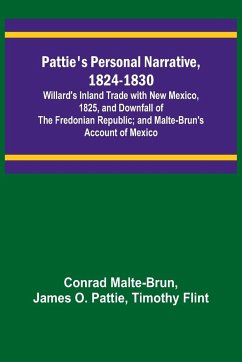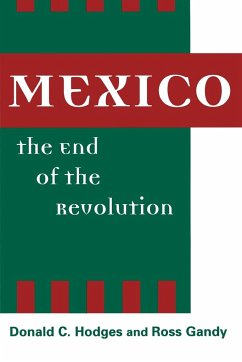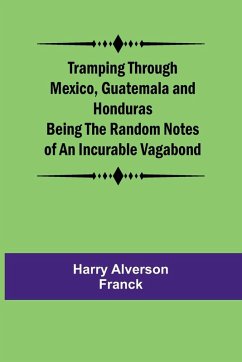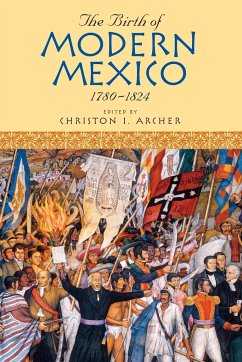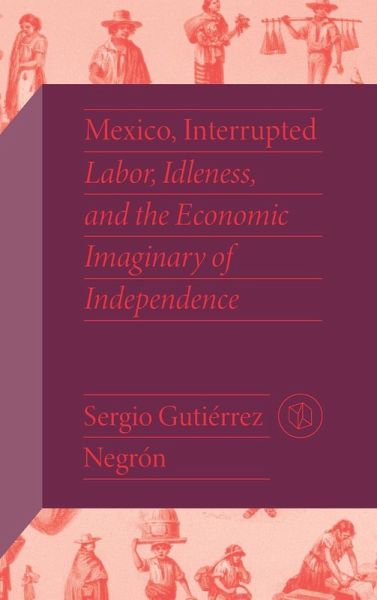
Mexico, Interrupted
Labor, Idleness, and the Economic Imaginary of Independence

PAYBACK Punkte
52 °P sammeln!
Mexican independence was, in a sense, an economic event. It was in the realm of the economic that elites managed to create a common ground with non-elites in their demands against foreign domination. Additionally, throughout the nineteenth century, independence was imagined by the lettered men of Mexico as a feat that nationalized, or could have nationalized, a rich and productive economic apparatus. Mexico, Interrupted investigates the fate of these economic hopes during the difficult decades between 1821, the year of the country's definite separation from Spain, and 1852, a period of politic...
Mexican independence was, in a sense, an economic event. It was in the realm of the economic that elites managed to create a common ground with non-elites in their demands against foreign domination. Additionally, throughout the nineteenth century, independence was imagined by the lettered men of Mexico as a feat that nationalized, or could have nationalized, a rich and productive economic apparatus. Mexico, Interrupted investigates the fate of these economic hopes during the difficult decades between 1821, the year of the country's definite separation from Spain, and 1852, a period of political polarization after the US-Mexico War that would lead the country to the brink of another armed conflict. Drawing on pamphlets, legislation, congressional debates, reports, and newspapers, this book studies the Mexican intelligentsia's obsessive engagement with the labor and idleness of the citizenry in their attempts to create a wealthy, independent nation. By focusing on figures of work and its opposites in the period between, Mexico, Interrupted reconstructs the period's "economic imaginaries of independence" the repertoire of political and cultural discourses that structured the understandings, beliefs, and fantasies about the relationships between "the economy" and the life of an independent polity. All told, by bringing together intellectual history, critical theory, and cultural studies, this project offers a new account of the Mexican nineteenth century and complicates existing histories of the spread of the "spirit of capitalism" through the Americas.





